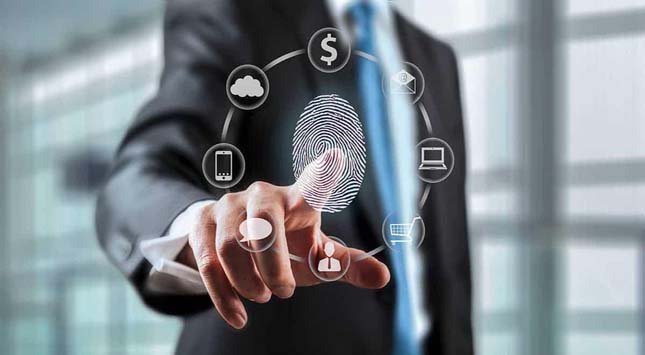The healthcare industry progressively incorporates technology into its operations in the digital age, from electronic medical records to telemedicine services.
Despite the various benefits, ensuring important information security remains a worry. Age verification is a solution to this problem.
It is important to verify the age of individuals accessing healthcare information through traditional methods or online age verification. Let’s look at the numerous aspects of this important issue.
Why is Age Verification Critical in Healthcare?
Unauthorized access to medical records, prescription details, or other private healthcare data is gained by a minor. The consequences might be disastrous, even fatal. That is why age verification is more than nice to have; it is a need.
Thanks to age verification, only authorized persons can view or edit healthcare records. This procedure aids in the prevention of fraud, identity theft, and the unauthorized exposure of sensitive information. So, the next time you’re frustrated by an extra security layer asking for your age, remember this.
Different Forms of Age Verification in Healthcare
Age verification is not a one-size-fits-all solution. Traditional approaches, such as verifying IDs, have their role but are increasingly being augmented with more sophisticated Online Age Verification Systems. Online techniques may rapidly verify a customer’s age, adding more security and ease.
Age verification can be made more reliable by combining several methods of verification. This approach, also known as multi-factor verification, involves using multiple types of identification to ensure accurate age verification. Multi-factor verification provides a more robust and accurate way of verifying age by combining different methods, such as government-issued IDs, biometric recognition, and database checks.
The Role of Technology in Age Verification
Age identification online is becoming easier thanks to advanced technological solutions and algorithms. Technologies such as facial recognition, fingerprint scanning, and digital document verification are used to check age appropriateness.
Age checks can also be automated to speed up the verification process while reducing human mistakes. What is the most important takeaway? When it comes to implementing proper age verification, technology may be a game changer.
Legal Implications and Compliance
The confidentiality of patient records is mandated by law for healthcare organizations. Violations can result in significant fines as well as a ruined reputation. Age verification is often necessary in the US to comply with regulations like the Health Insurance Portability and Accountability Act (HIPAA), which aims to restrict access to confidential healthcare information to authorized individuals only. Age verification is, therefore, not only good practice; it is sometimes a legal obligation.
Advantages and Disadvantages
There is always another side to every coin. While age verification provides great security and legal compliance, it does have certain downsides. On the other hand, extensive verification methods might be time-consuming and dissuade older, less tech-savvy, from receiving healthcare services online.
The objective is to find a happy medium between security and usability. Sophisticated online age verification systems strive to achieve this balance by providing speedy yet secure means of verifying age.
You May Like to Read: Helping Healthcare Realize the Benefits of Video Conferencing
Patient Confidentiality and Ethical Considerations
Protecting patient data is not only a legal necessity but also an ethical one. When we talk about Age Verification, we’re also getting into the realm of medical ethics. If a minor acquires unauthorized access to medical records, healthcare practitioners may find themselves in ethical hot water.
Maintaining patient anonymity via strict Age Verification methods is crucial for maintaining patients’ faith in healthcare professionals. Beyond simple compliance, ethical issues influence the moral fabric of healthcare itself. When Age Verification appears to be a barrier, consider it an ethical protection that protects both healthcare practitioners and patients.
Future Trends in Age Verification in Healthcare
The future has arrived, and it is influencing how we think about Age Verification in healthcare. With AI and blockchain technology on the horizon, we may see more secure and efficient methods for age verification. These technologies can potentially automate and streamline the Age Verification process, making it more dependable and time-efficient.
Innovative Age Verification solutions, such as biometric verification and secure digital IDs, can change our thoughts. As the world becomes more digital, the healthcare industry must stay up to preserve sensitive information behind the protective doors of cutting-edge Age Verification technologies.
In Conclusion
Age verification in healthcare is a key step towards a more secure future. Whether traditional methods or cutting-edge technology are utilized, the aim is to preserve sensitive information and guarantee that only those needing healthcare services can access it.
Age verification protects data integrity and patient privacy in a world beset with cybersecurity dangers. Simply told, there is no choice. It’s a must.
You May Like to Read: Does Document Verification Protects All Sort of Businesses?

